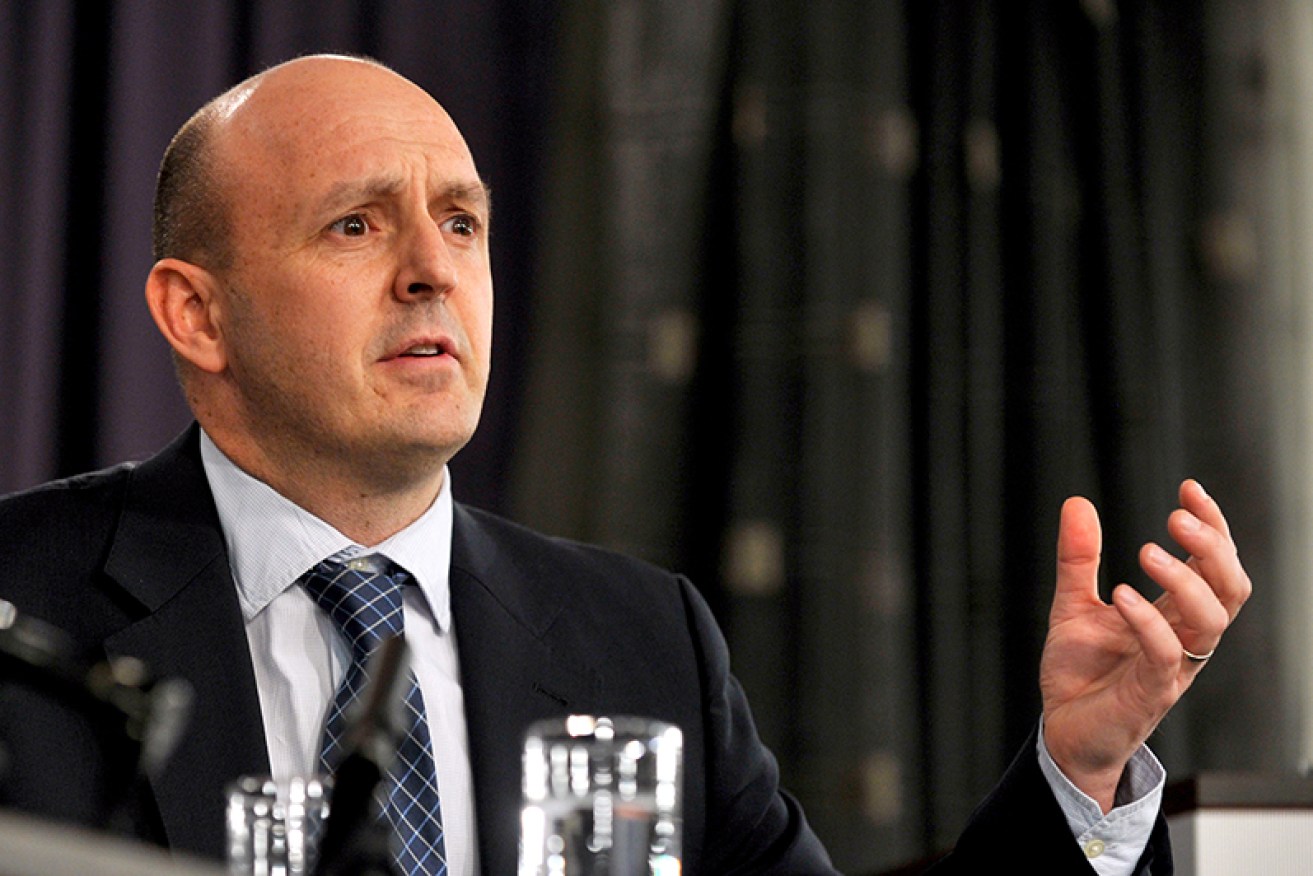Why Labor’s super tax is a gift to the rich


The Australia Institute Executive Director Dr Richard Denniss
On Wednesday Labor announced that, if elected in 2016, it would crack down on super tax concessions to the rich, saving $14 billion in the process.
The $14 billion figure may sound like a lot. But if you read on you would have discovered that it referred to the 10-year saving, making the annual figure a rather less impressive $1.4 billion.
Given super tax concessions currently cost the government as much as $30 billion a year, this $1.4 billion barely makes a dent.
• Labor reveals plan for superannuation changes
• Why you don’t need $1m in superannuation
• Six tax hikes sure to upset everyone
Early calculations by The Australia Institute suggest Labor’s plan will only affect 0.5 per cent of the population – that is, people who earn more than $250,000 a year, and retirees with more than $1.5 million in superannuation.
Those who were hoping for major structural, budget-saving change to the way super is taxed will be further disappointed by Chris Bowen’s solemn promise that this will be Labor’s one and only super tax reform.
According to Alex Dunnin, superannuation expert and head of research at Rainmaker, “a ‘hit’ of $1.4bn per year isn’t a hit, it’s a light pat with a feather duster”.
“While such a policy may help rebalance social equity in superannuation, in terms of paying down the deficit it’s a waste of effort.”
It would appear, then, that if Labor wins the next election, Australia’s wealthy minority will get off very lightly.
Why Labor should go further…
Richard Denniss, executive director at The Australia Institute, says the lopsidedness of the current super tax concession rules mean there is huge scope for reform.
“The reality is the top 10 per cent of income earners are getting the lion’s share of the benefits of this, and the bottom 10 per cent are getting nothing.”

Shadow Treasurer Chris Bowen’s promise: “These are the final and only changes Labor will make.” Photo: AAP
This lopsidedness is starkly illustrated by the following comparison.
Under the current regime, a retiree earning $200,000 a year on investments is taxed nothing. Meanwhile, a young parent with three children on $60,000 a year is taxed around $12,000. Dr Denniss argues this is clearly unfair.
“Why should someone who earns $200,000 a year in retirement pay less tax than someone who earns $60,000 a year and goes to work all day?” asks Dr Denniss.
Labor’s plan goes some way to redressing this imbalance. Retirees would pay the same amount of tax as a non-retiree earning $60,000 a year – $12,000 a year – when their investment earnings hit $155,000 a year. That is, someone with a super balance of around $3 million.
One argument for retaining these significant concessions is that there needs to be a tax incentive to encourage people to save for their retirement, and thus take pressure off the Age Pension. But Dr Denniss is sceptical.
“We need to be very careful with that argument. Most people are forced to put 9.5 per cent of their income into super. And you don’t need an incentive for something that’s compulsory.
“The people making big voluntary contributions are not low-income earners or middle-income earners raising kids and paying off their house. The people making large voluntary contributions are high-income earners a few years away from retirement.”
…and why they won’t
Explaining Labor’s reluctance to make meaningful reform is something of a conundrum. Dr Denniss admits he has “spent years trying to answer this question” without success.
Public opinion offers no insight. A recent Essential Report poll found 55 per cent of voters support cutting super tax concessions for the wealthy, with just 25 per cent opposing, and the rest unsure. Far from being a vote loser, going harder on tax concessions could be a vote winner.

The Australia Institute’s Richard Denniss says under Labor’s plan super will “continue to be used primarily as a tax shelter by many if Australia’s wealthiest people”.
The union movement’s position also offers no insight into Labor’s timidity. The Australian Council of Trade Unions described Labor’s plan as “a step in the right direction”, but called for it to go further, taxing super contributions at marginal rates (a policy to this effect was recommended by the Greens that would save $5 billion a year).
Traditionally, the most vocal lobby group to oppose cutting super tax concessions is the Self Managed Super Fund (SMSF) Association, which represents the wealthiest class of super fund member.
But Labor’s plan is timid enough even to get this group’s qualified approval.
Graeme Colley, director of professional standards at the SMSF Association, told The New Daily: “We don’t see it as being inconsistent with the equity or sustainability aspect of superannuation.”
While Mr Colley expressed concerns that taxing income would hit lower balance members when interest rates are high, he said he was “happy” with Mr Bowen’s commitment that this would be the only change to the taxation of super.
And there’s the rub. Chris Bowen’s policy may be “a step in the right direction”, but if we are to take him at his word, Labor’s first step will also be its last.
This is what Mr Bowen said on Wednesday: “If we are elected these are the final and the only changes Labor will make to the tax treatment of superannuation.”
As the population ages and the cost of tax concessions overtake the cost of the Age Pension, Mr Bowen’s promise may well come to back to haunt him.
Correction: an earlier version of this article incorrectly stated that under Labor’s plan, super investment earnings of $200,000 a year in retirement would draw no tax.








